Quebec bans niqab for public services with neutrality law
- Published
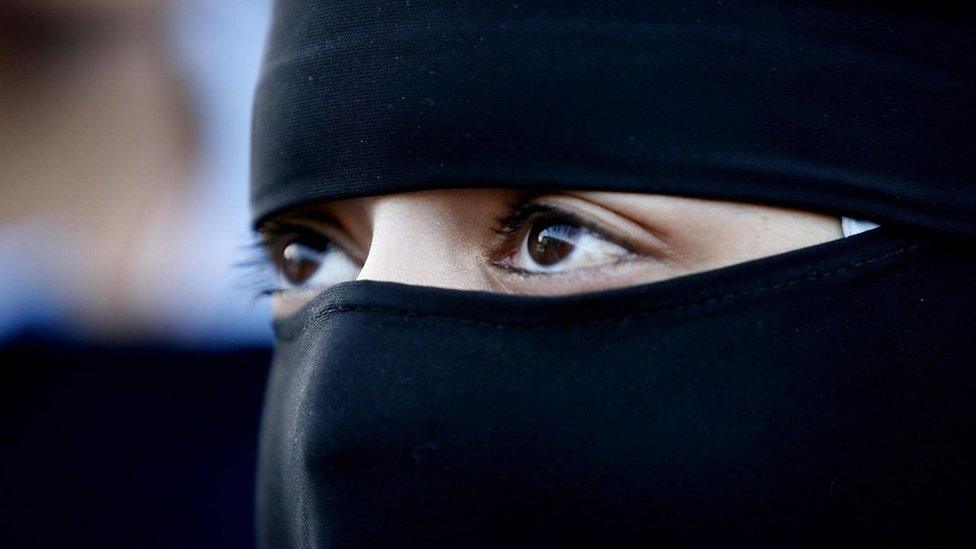
It is unclear how many women in Quebec wear the niqab
A Canadian province has passed a controversial religious neutrality law that bars people from wearing face coverings when giving or receiving a public service.
Quebec recently expanded the law to include services provided by municipal and public transit services.
Women who wear a burqa or a niqab will now have to show their faces while receiving a government service.
Quebec's National Assembly passed Bill 62 by a 66-51 vote.
The provincial Liberals, who have been in power since 2014, tabled the bill two years ago.
Bureaucrats, police officers, teachers, and bus drivers, as well as doctors, midwives, and dentists who work in publicly funded hospitals and health centres, will have to have their face uncovered.
The law will also stop provincially subsidised childcare services from offering religious education.
Quebec's Bill 62 does not specifically mention the Muslim faith.
The government says the bill includes all types of face coverings and is not meant to target Muslims.
But the new legislation would affect Muslim women who wear face veils when it comes to accessing government services, whether taking the bus or using the library, or getting healthcare and education.
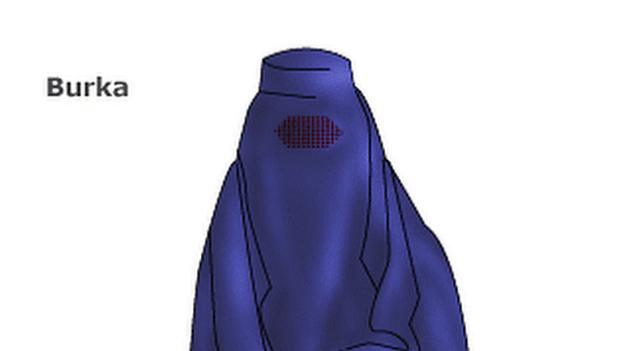
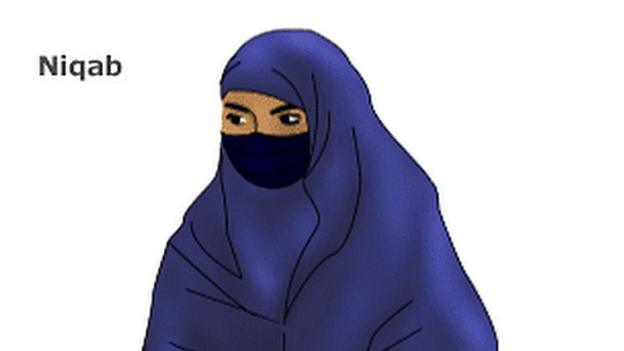
Critics say the law will marginalise Muslim women who cover their faces by limiting access to government work and services.
Bill 62 does allow people to request exemptions. A woman who wears a face veil could ask for an "accommodation" to receive a government service while having her face covered.
That request can be refused if "warranted in the context for security or identification reasons or because of the level of communication required", according to the bill.
It is unclear how many women in Quebec wear religious face coverings, though an Environics survey from 2016, external suggests about 3% of Canadian Muslim women wear the chador and 3% wear the niqab.
Similar legislation has been proposed in Quebec twice before as part of the province's efforts to impose state secularism.
Before losing the 2014 provincial election, the Parti Quebecois proposed a so-called Charter of Values bill.
That would have banned all public servants from wearing "ostentatious" religious symbols or clothing, including turbans and yarmulkes.
It would also have mandated that a person's face be uncovered if they are to receive a government service.
Legal experts have said they expect Bill 62 to be challenged in court.
A number of European countries have passed legislation banning Islamic face veils, including France and Belgium in 2011.
- Published12 June 2017
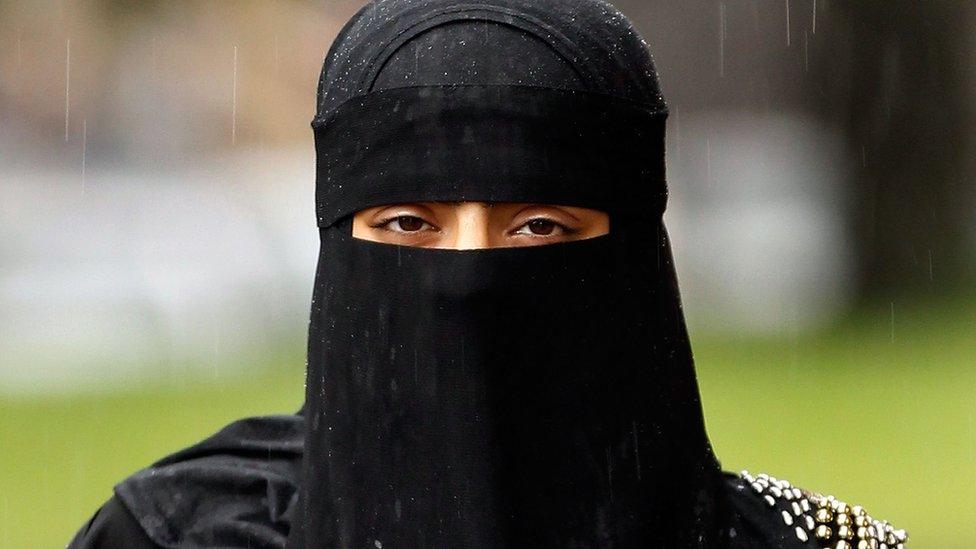
- Published11 July 2017
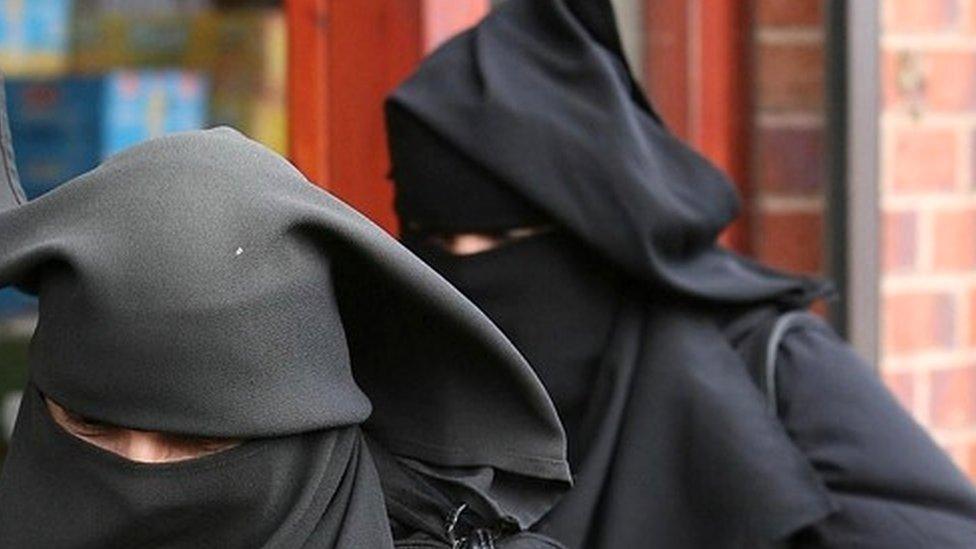
- Published1 October 2017
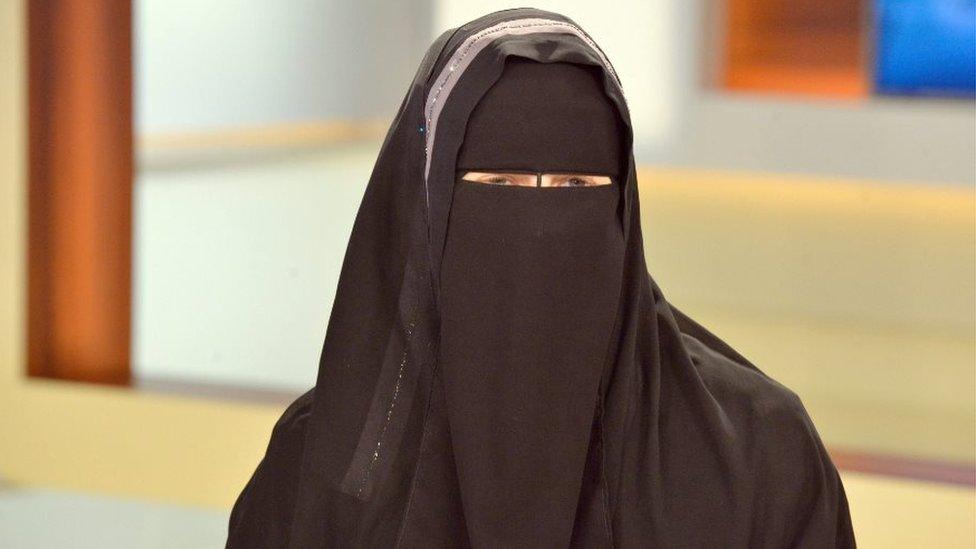
- Published1 October 2017
